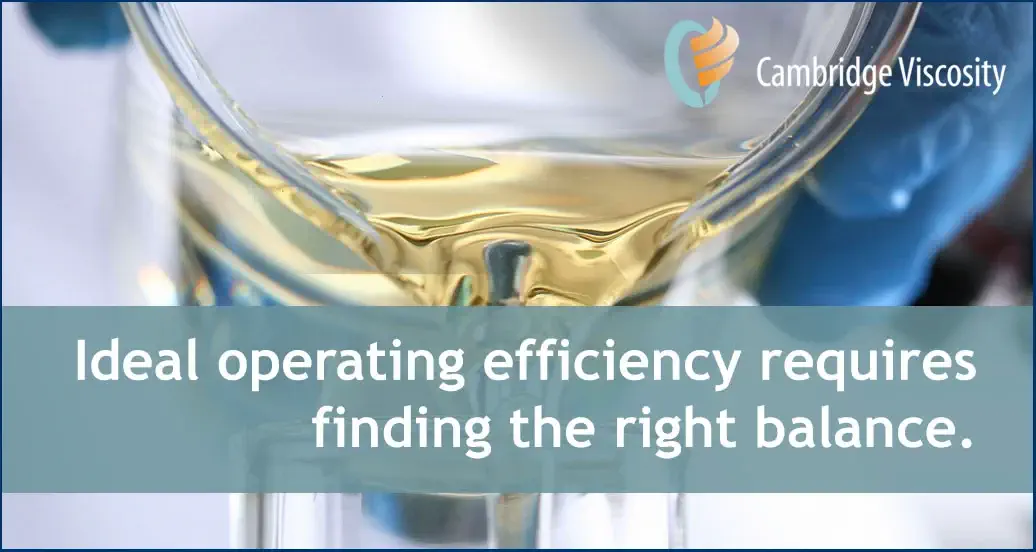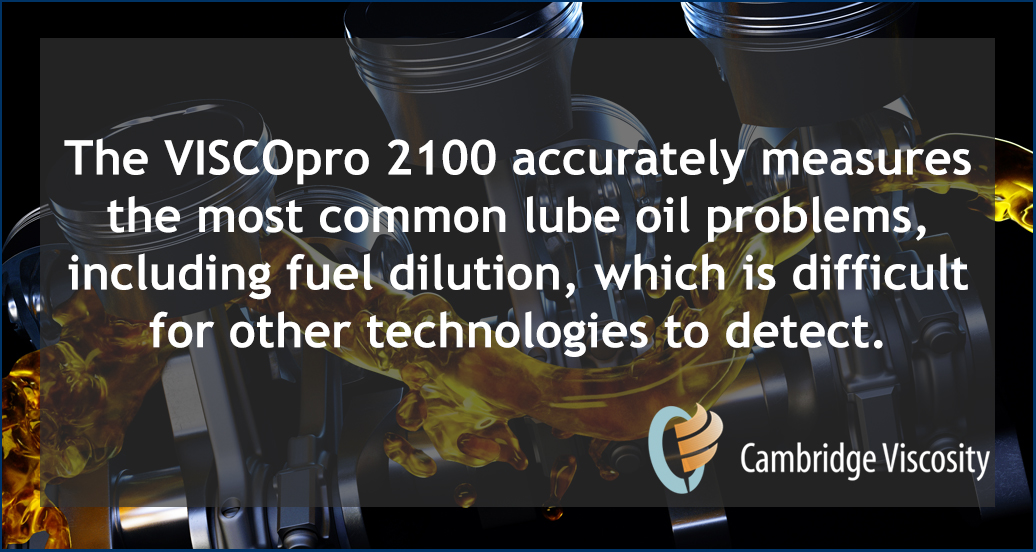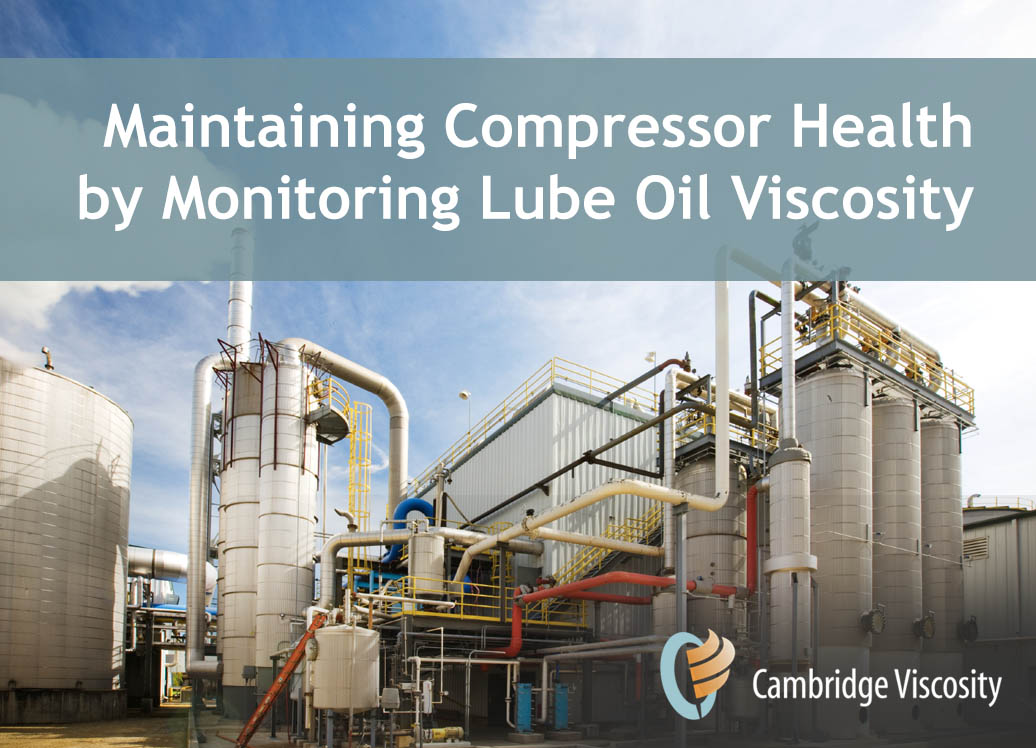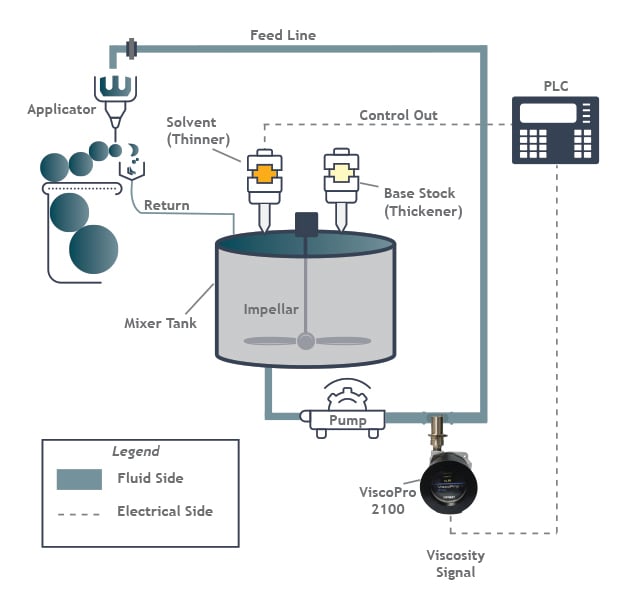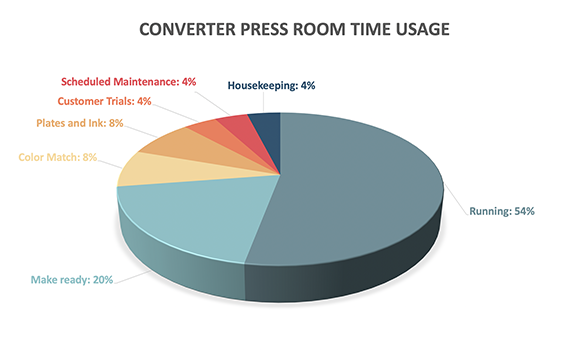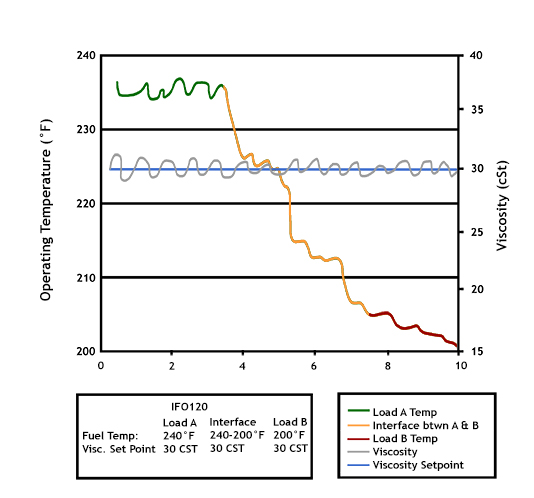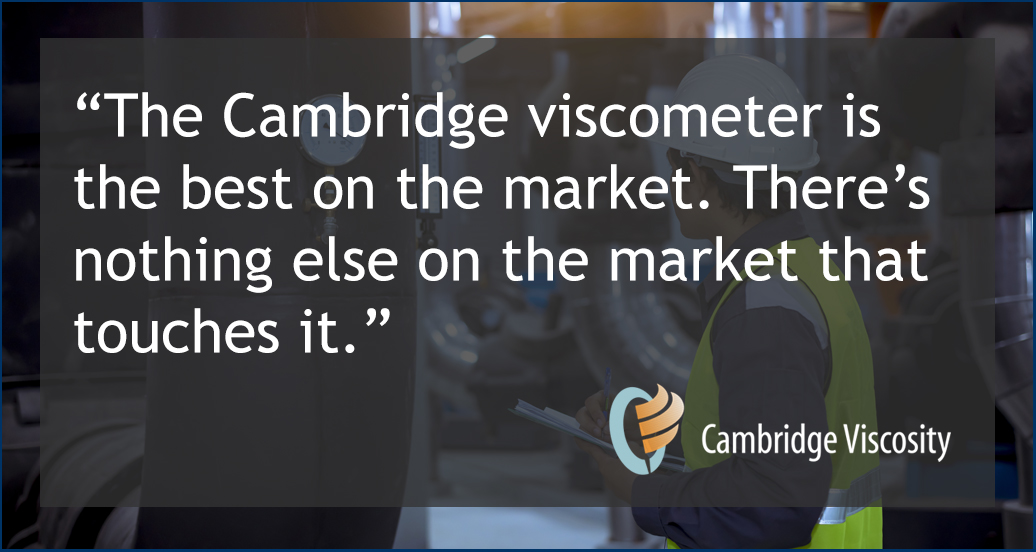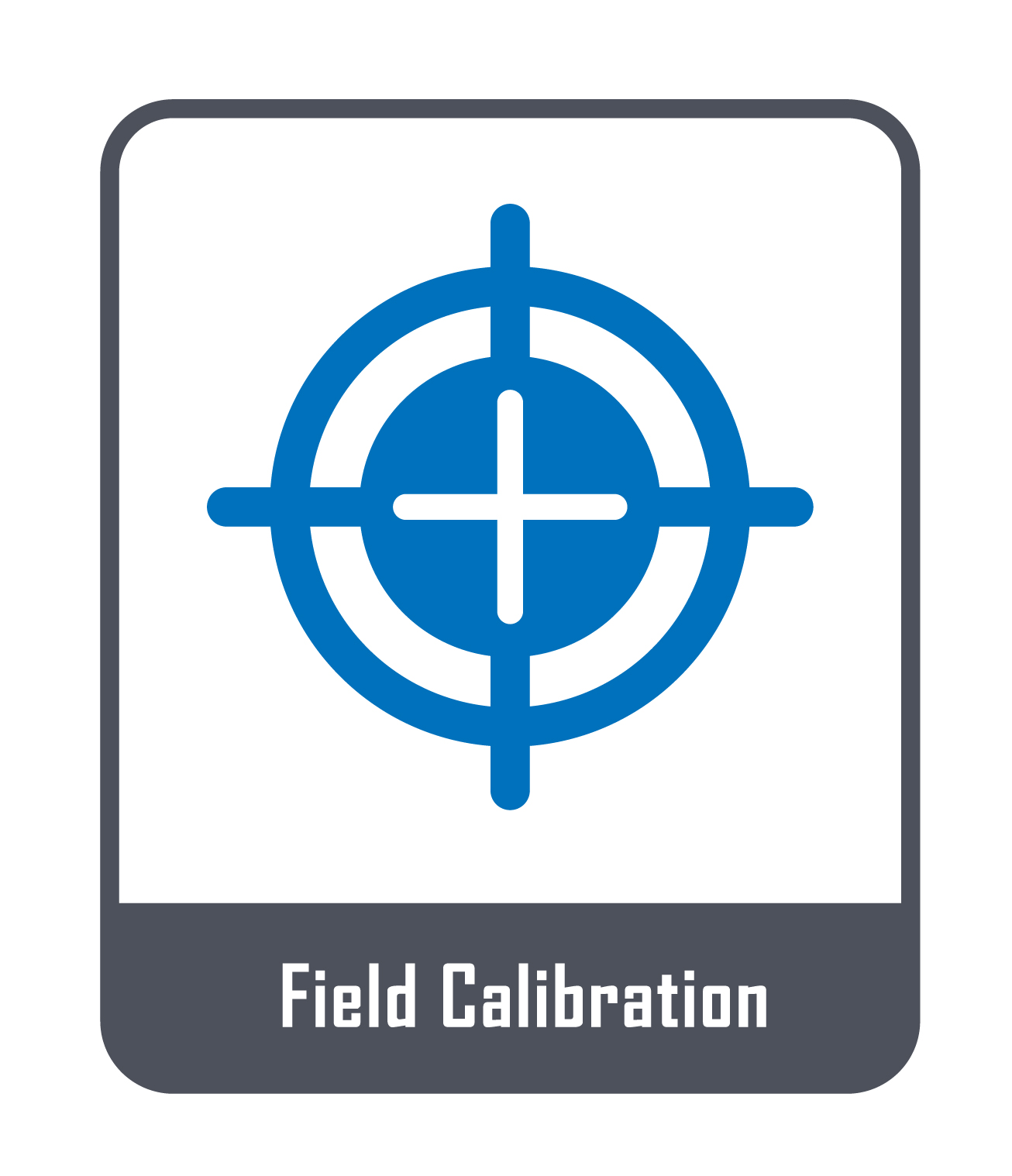When it comes to air conditioning and compressor systems, achieving ideal operating efficiency is about balance. Too much lubricant means the compressor or cooling system won’t cool properly, and too much refrigerant increases bearing wear and reduces the system life. Thicker oil lubricates better, but it also means there is an increase in drag, and more power is needed to rotate the compressor. Manufacturers must consider all these variables when manufacturers designing their equipment. Each new design requires significant testing to ensure performance and energy efficiency.
Finding the right balance of lubricants and refrigerants
May 11, 2021 8:08:00 AM / by Patrick Riley posted in 571 sensor, viscosity management, compressor viscosity, process viscometer
Monitor the viscosity of lube oil to reduce failures in engines
Mar 16, 2021 9:43:04 AM / by Patrick Riley posted in lube oil viscosity, viscosity control, viscosity management, 301 sensor
When it comes to rotating equipment, it’s a question of when—not if—a failure will occur. Engine breakdowns, for example, are often caused when the bearings in rotating parts fail. What does this have to do with viscosity, you may be wondering. Faulty bearings can generally be traced to one of three issues: 1) Severe service conditions, 2) improper handling or installation, or 3) poor lubrication.
Oil condition monitoring for lube oil monitoring on screw compressors
Feb 17, 2021 11:55:02 AM / by Patrick Riley posted in viscosity control, viscosity management, compressor viscosity, in-line viscometers, ViscoPro 2100
Managing lubricant viscosity is essential to maintaining the health of a compressor in a process plant, because a single compressor failure can cost $10,000 a day or more in lost revenue. Considering it’s another $10,000 to rebuild a compressor, or more than $100,000 to replace a compressor, maintaining the health and performance of compressors is important.
When your lab measurements are different than the in-line measurements
Feb 3, 2021 12:39:04 PM / by Patrick Riley posted in viscosity measuring solution, viscosity control, viscosity management, in-line viscometers, ViscoPro 2100, viscometer
There is always some level of uncertainty in comparing on-line viscosity measurements with laboratory measurements. When it comes to viscosity analysis, a major reason for that uncertainty – and inconsistent measurements – is because the fluids are, in fact, under different conditions.
Lessons Learned: Viscosity Control for Converters
Jan 20, 2021 10:08:35 AM / by Patrick Riley posted in viscosity control, coating viscosity, viscosity management, in-line viscometers, process viscometer
Almost two months ago, while those of us in the United States were enjoying our Thanksgiving holiday, our associates in Italy were holding a webinar on viscosity measurement in pressroom converters. This event inspired a series of material discussing the coating application, including last week’s blog highlighting factors that influence viscosity measurement in the pressroom converter application.
Optimize your converter press room time usage
Jan 14, 2021 3:13:22 PM / by Patrick Riley posted in viscosity measuring solution, coating viscosity, viscosity management, process viscometer
Today's blog discusses pressroom converters. (And we're offering a free white paper on the topic — see the link at the bottom of this post.)
Viscosity Measurement Supports Uniform Coating for Wire Manufacturing
Jan 4, 2021 1:17:06 PM / by Patrick Riley posted in viscosity measuring solution, viscosity control, wire coating, coating viscosity, viscosity management, in-line viscometers, ViscoPro 2100
Spring and wire products are a substantial market – estimated to reach $468B by the end of 2020. Wire is widely used in manufactured goods, including electronics, automobiles, motors, transformers, and a wide array of other products. The coating on the wire is possibly the single most important variable in wire quality, and viscosity plays an important role in ensuring quality.
Ensuring Quality of Wire Coatings with Viscometry
Dec 16, 2020 9:28:49 AM / by Patrick Riley posted in viscosity control, viscosity management, Coating, in-line viscometers, ViscoPro 2100, process viscometer
Determining the Viscosity of Heavy Fuel Oils
Dec 8, 2020 3:44:17 PM / by Patrick Riley posted in viscosity measuring solution, viscosity control, heavy fuel oil viscosity, viscosity management, in-line viscometers
In shipping vessels, “bunker” refers to the fuel and lube oils that are stored on the ship and used for machinery operation. When the fuel or oil is intended for transfer to another ship for use in its machinery, the operation to transport the oil is called “bunkering.”
Optimize coating applications through tighter viscosity control
Dec 2, 2020 9:07:18 AM / by Patrick Riley posted in viscosity measuring solution, viscosity control, coating viscosity, viscosity management, Coating, ViscoPro 2100
When it comes to coatings, product quality can live or die by viscosity. A too-viscous mixture can result in bubbling and an inconsistent, bumpy, “orange-peel” texture. A solution that is not viscous enough can result in a coating that is too thin, drippy, or saggy. Plus, depending on the application, a coating that is too thin may not provide the necessary top-coat protection. In either case, a coating that has an off-spec viscosity in either direction can result in product rejection or product failure.
CVI Supports R&D for the Use of Nanoparticles in Heat Transfer Fluids
Nov 11, 2020 4:08:10 PM / by Patrick Riley posted in viscosity measuring solution, viscosity control, viscosity management, viscometer support
It’s always interesting to see how our customers use the Cambridge Viscosity viscometers to support product development and continuous improvement. Our customers monitor viscosity in thousands of unique applications – they develop pharmaceuticals that improve quality of life, they test engine oils to make sure cars and airplanes operate more efficiently and heavy marine fuel so shipping companies to achieve proper fuel efficiency. They monitor the viscosity of coatings, to create high-quality lenses of all types. And, in the oil and gas industries, our viscometers provide the data necessary to understand the makeup of the raw material, so it can be handled and processed appropriately.
How to Field Calibrate Your Viscometer
Aug 12, 2020 8:00:00 AM / by Patrick Riley posted in process viscometers, viscosity measuring solution, viscosity management, in-line viscometers, viscosity
Comparing on-line viscosity measurements to the lab is challenging. Process conditions can change, laboratory samples can off-gas, fluids may be non-Newtonian and measure

